In2tec's journey to tackle ewaste.
Protecting future generations is a responsibility we all share.
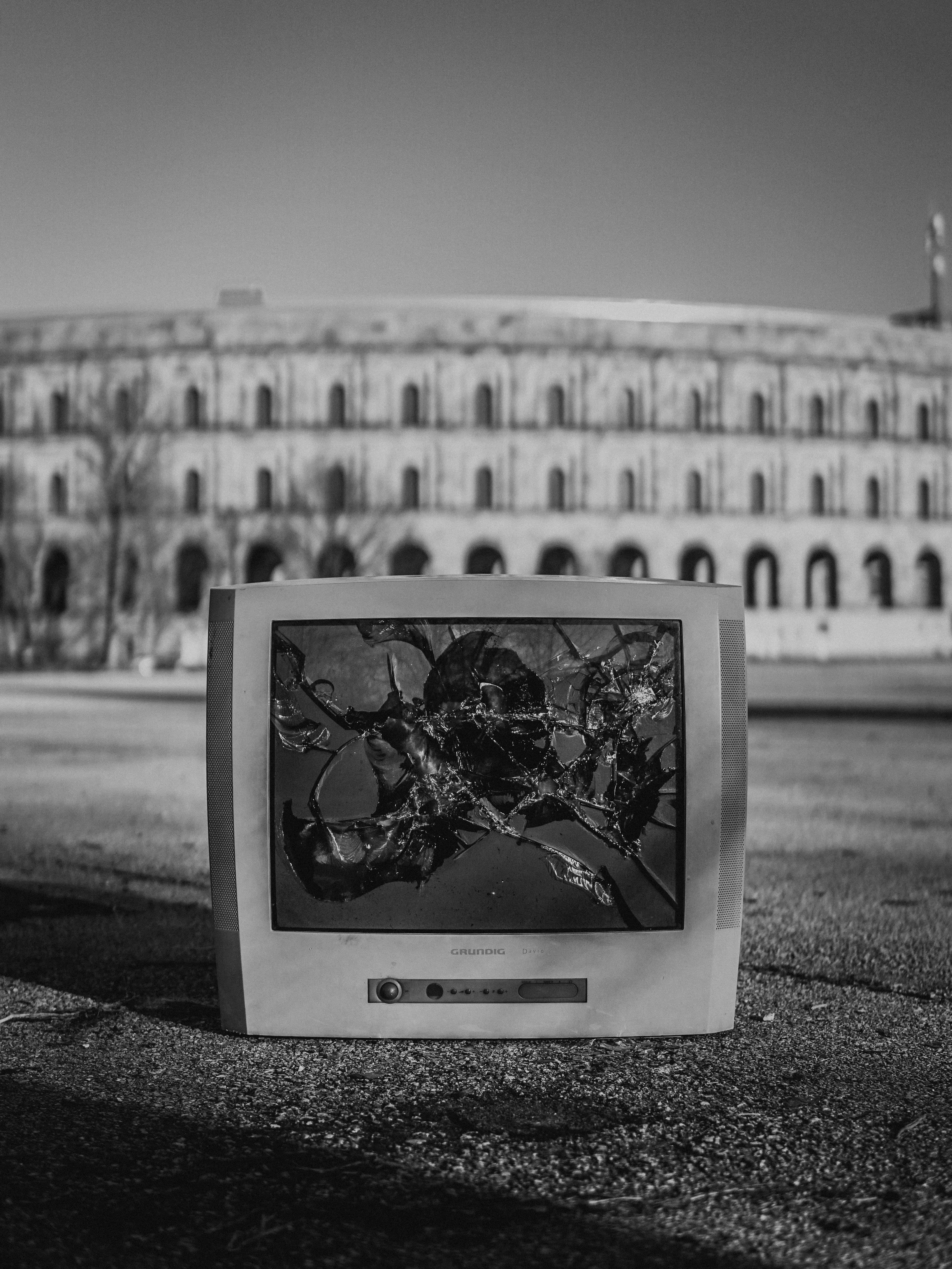
The state of the electronics industry.
In2tec Ltd has been in the electronics industry for over 25 years, innovating and developing technology and process to improve the opportunities for OEMs and CEMs. However, the state of electronics recycling is currently putting future generations in the firing line of a technological and ecological disaster. The facts need to be understood and the industry needs to come together to address it!
For many, what is said and what is the reality about the ewaste problem is worlds apart. People need to understand what the current climate looks like for the electronics industry, but more importantly, we need to embrace the solution to the issues we face or otherwise, we will continue down the route to the point of no return.
347.18 MILLION Mt
This is the volume of unrecycled ewaste currently on earth. An estimated 22.3% of ewaste is known to be documented and "recycled" annually, but even that is questionable. When people are asked about electronics recycling, many believe something akin to what the word suggests. Unfortunately, that isn't factually correct and the world needs to hear the truth.
In reality, much of our ewaste movement is uncontrolled, often illegally exported to landfill sites across Africa and Asia, for informal "urban mining". Recycling methods are uncontrolled and often relate to the process of being incinerated or buried, but the current solution of 'bury it or burn it' is not limited to the uncontrolled recycling methods of lesser developed countries. It is the reality for almost all ewaste generated by the world each year, and it has a significant environmental and health impact!
The toxic additives and hazardous substances such as mercury, lead, and cadmium that we find in electronic components and products can leak out into the surrounding earth, air, and water table. When breathed in or ingested this can cause serious illness.
For example, our central nervous systems and kidneys can be affected, and children's mental development is affected by low-level exposure to lead. Cardiovascular issues, poor sperm quality, liver damage. The list is endless. Ecosystems are also severely affected by water systems and soil environments.
70%
Of our overall toxic waste is comprised from ewaste.
Then there’s our world as we know it. Global temperature increases, warming oceans, shrinking ice sheets and glacial retreats, rising sea levels, as well as the acidification of our oceans are all evidenced impacts of humans' continued production of CO2 emissions. More carbon dioxide is in our atmosphere today than at any other time in history.
1 tonne of ewaste generates 2 tonnes of CO2
The more developed countries' out-of-sight, out-of-mind mentality is a result of the complexity and cost of recycling electronics in their current state.
The significant energy usage, and high CO2 emissions resulting from the process to extract the minimal reusable materials of populated by PCBs means that costs are often too high for any real commercial gain.
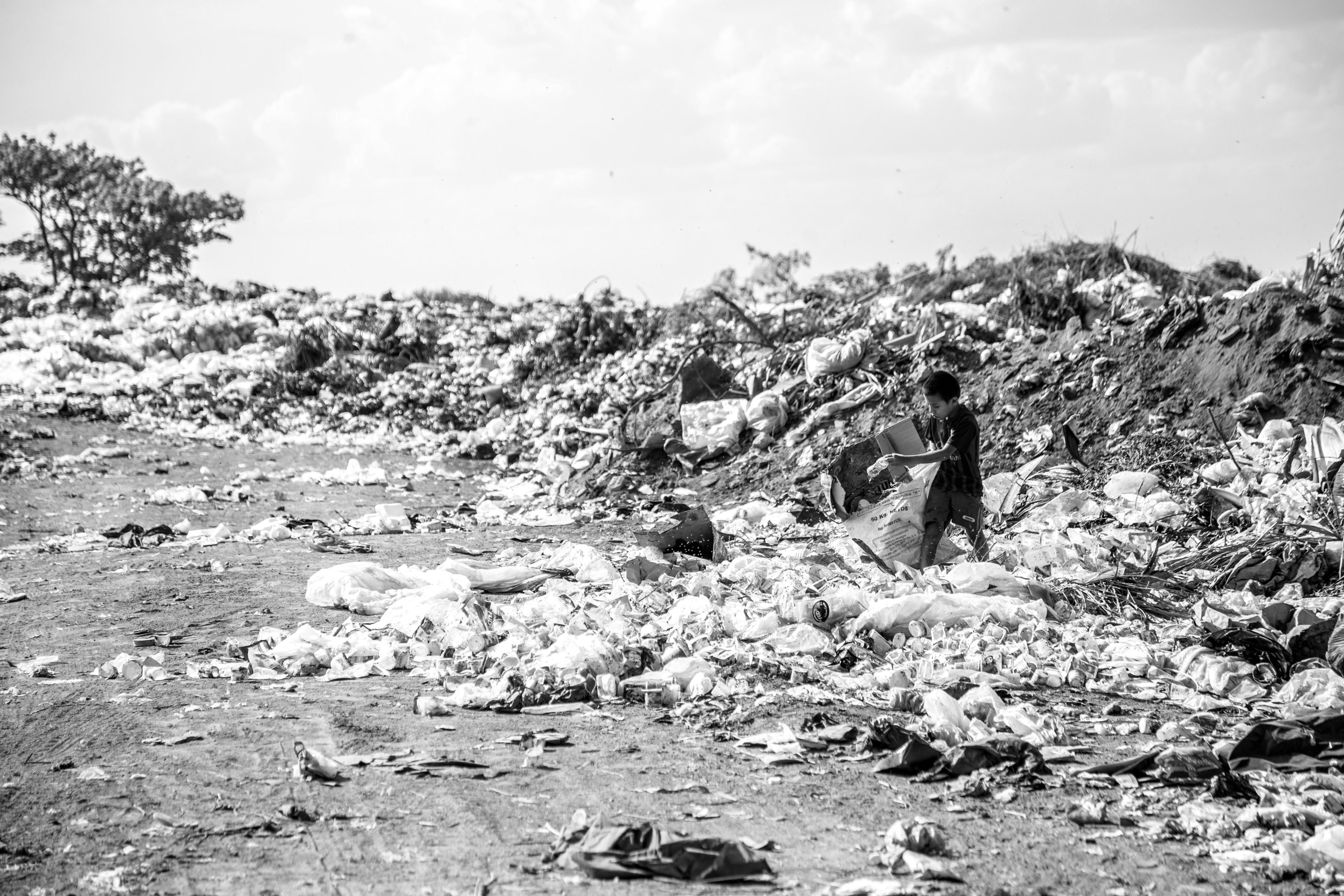
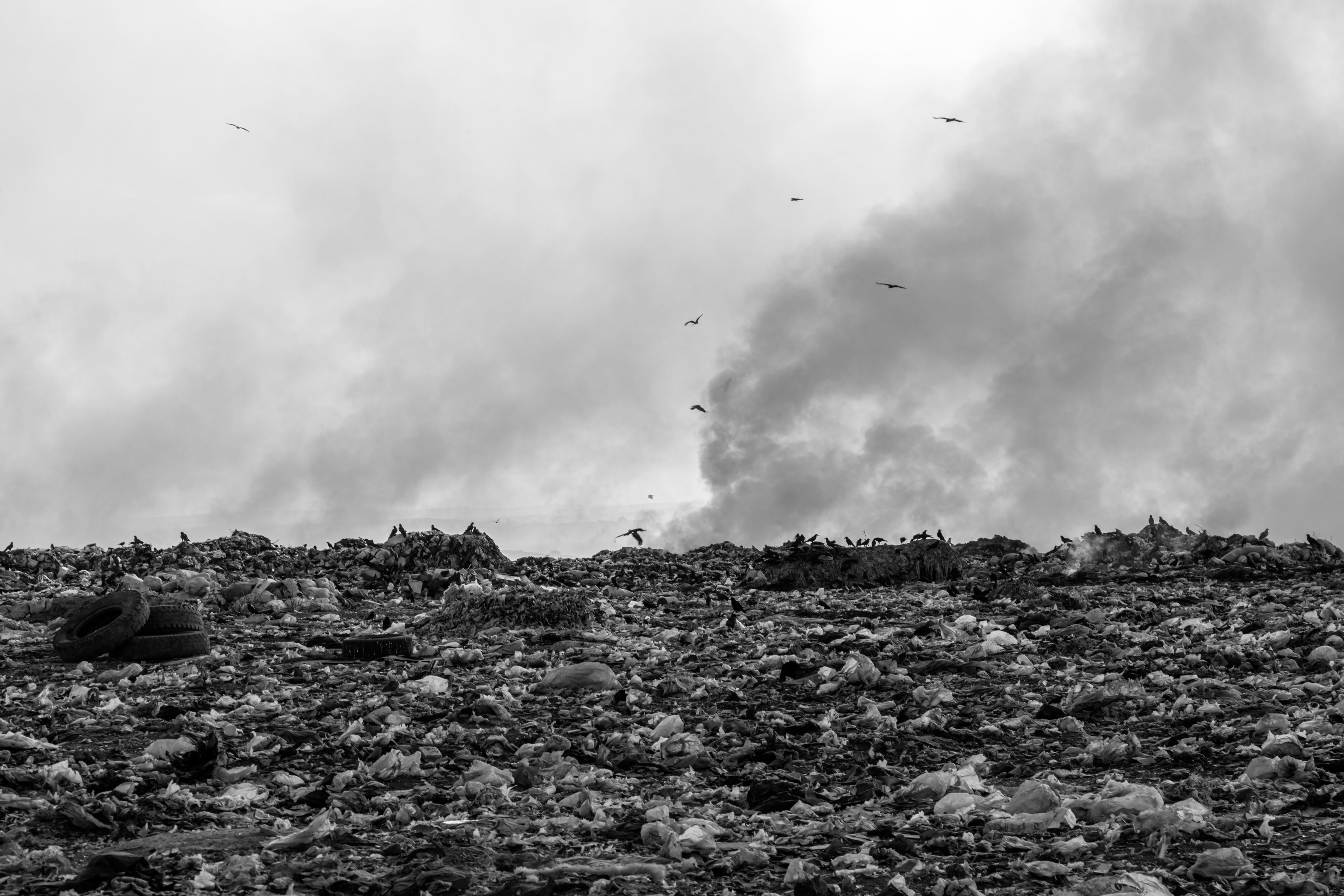
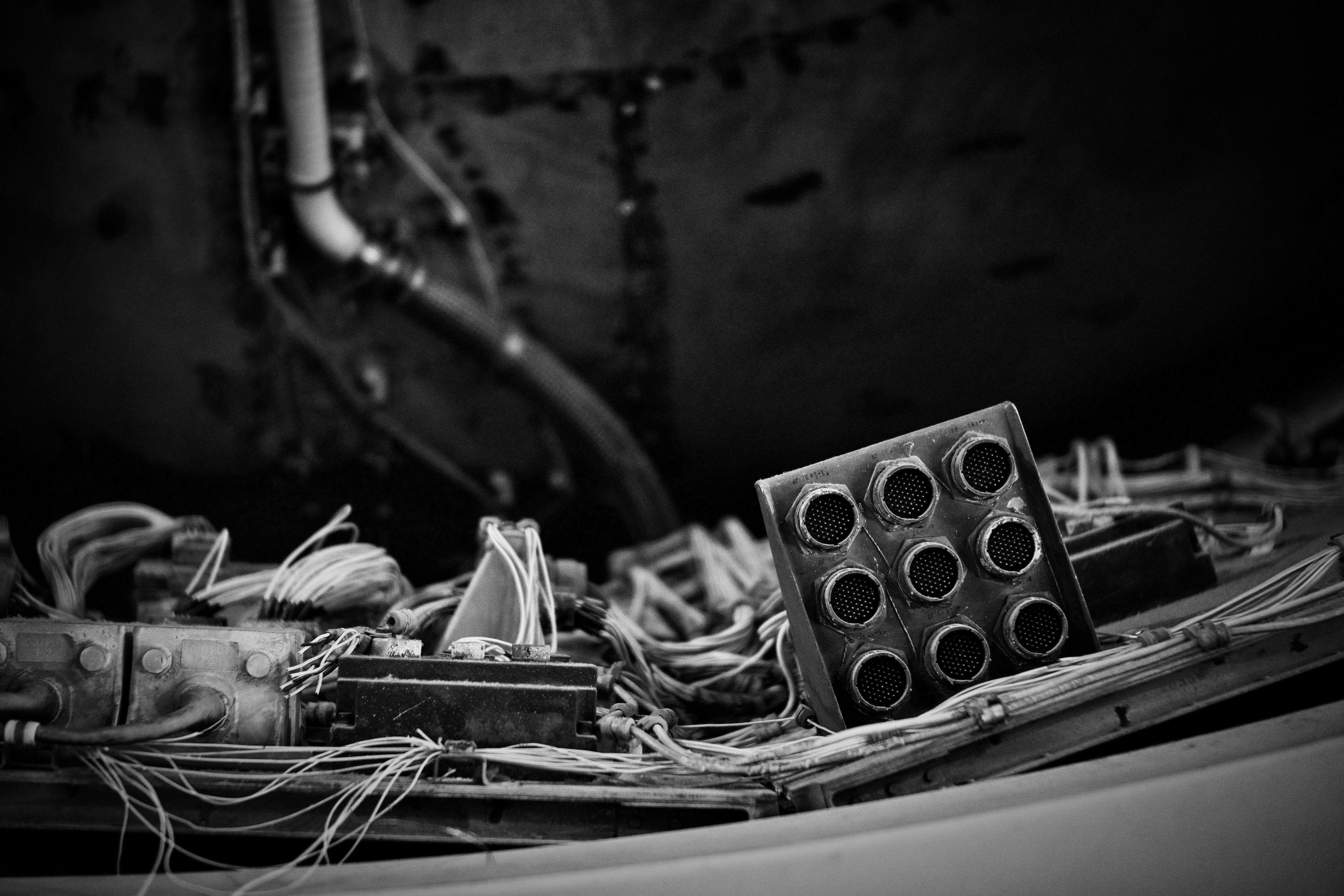
Outdated processes and the ease at which ewaste is illegally exported to low-income countries where unprotected workers, often children, are exposed to harmful substances have continued for decades. Some of the world turns a blind eye to this simply because it is shown to be the cheapest and easiest solution to a problem when there is little value gained from recycling. In truth, the actual value of recycling and reusing ewaste effectively is rather staggering.
Of the ewaste generated in 2019, the estimated value of just the high-cost components was calculated to be worth over $60 billion. We aren't just wasting resources unnecessarily, we are depleting critical raw material and mineral reserves. Most components buried or burned within ewaste are designed to last at least 25 years yet in reality they are used for less than 5.
Gold yields declined 23% in the last 6 years.
The depletion of finite resources and the output of emissions associated with manufacturing processes is a fundamental concern when we are in a great era of technological advancement. Technology enriches our lives from travel, to keeping connected, and to advance life-saving medical treatment.
The issue is very clear. If we continue to develop technology at the rate we are able to, and continue with the linear new-for-old way of life, then our future generations will suffer. Our children and grandchildren will not benefit from advancing technology because they cannot have what they cannot make. We have revolved around this current cycle of upgrading to the latest version for far too long and it is not sustainable for the planet or our children.
Ewaste stream grows 3-5% per annum.
The fact of the matter is that OEMs and CEMs need to change the way electronics are manufactured and be accountable for what happens to them when they reach the end of useful life. Even with WEEE directives, little is done to promote the truth about the reality of global ewaste, with parliament often letting it fall by the wayside.
To see fundamental change we must not only see improvements in the materials we use, but we need a paradigm shift in the process to manufacture, and crucially, implement an industry ecosystem that delivers end-of-life reusability and environmentally safe disposal.
We cannot and must not forget this.
But can it be done? In2tec developed the processes, technology, and ecosystem for the industry and governments to deliver just that.
ReUSE® and ReCYCLE™
The paradigm shift the world was calling for
In2tec's patented ReUSE® and ReCYCLE™ technology brings circularity to the industry, minimising the impact on resources and materials. It is the start of a much-needed revolution within the electronics industry to push for a sustainable future.
Just 7.2% of the global economy comes from a circular model, unfortunately, this way of life has been the norm for decades, but we have the opportunity to change the outcomes today.
ReUSE® is a set of materials, manufacturing process, and proprietary design techniques to deliver printed circuit board assemblies that can be fully unzipped at end-of-life (EOL), or for repair.
The patented inks, adhesives, materials, and process provides the backbone in creating a truly circular model. It allows areas such as cross links to provide bond strengths equivalent to solder, whilst being manufactured at lower temperatures and producing far fewer CO2 emissions.
ReUSE® is compatible with traditional substrates such as FR4, and other rigid and flexible alternatives, including In2tec's Flexi-hibrid™ technology.
The versatility of the technology gives the opportunity for global commercialisation and a vast reduction in the overall energy used to manufacture and to process when it reaches EOL. Something that is not possible when using conventional PCBA process or materials.
"We wanted to introduce circularity to the electronics industry. Currently electronics are sent to landfill after an average of just five years use, yet the components in this technology can have a lifetime usage of over 25-years"
"Circularity in electronics is one front we can win. We can't continue to mine precious resources to manufacture circuit board assemblies and we don't have to."
The opportunity for true EOL circularity is possible through In2tec's ReCYCLE™ process. It is an opportunity to provide realisable revenue generation from recycling and repairing electronics.
ReCYCLE™ is the unzipping mechanism for ReUSE® PCBAs. A combination of proprietary processes, and an eco-friendly catalyst, takes printed electronic circuit board assemblies back to their constituent parts. The process in which the PCBAs are returned back to the original bill of materials is ultra-low energy and brings big value to EOL electronics across the supply chain.
The ability to gain undamaged and uncontaminated components for second-life use means they are both carbon free, and zero cost, shifting the paradigm of electronics recycling with a positive cash flow and feeding the growing second-life market for components.
70% of CO2 in PCBA comes from first-life components.
The application of ReUSE® and ReCYCLE™ means that the CO2 impact of PCBAs in first-life manufacture is vastly reduced, and in second-life, the technology proves to be truly remarkable.
The opportunities in changing ewaste into a valuable commodity span the entire supply chain. Manufacturers reduce the cost spent on components and WEEE charges and lower their emissions. The growing second-life component market provides additional revenue streams through the resale of valuable components and materials by OEMs, Recyclers, and component OEMs.
ReCYCLE™ also provides the low-energy, simple route to repair electronics and extend their useful life, but we cannot ignore that all products have a shelf-life in terms of consumer desirability. At some point, every product will be discarded, but with implementation of the ecosystem, and adequate education and access to it for consumers, the electronics industry can and must change its ways.
Protecting future generations is a responsibility we all share. In2tec is proud to be at the forefront of inspiring sustainable electronics and driving electronics circularity, and they will help OEMs and Recyclers to implement it.
Together, we can raise the benchmark for sustainable electronics and make a lasting impact. We can change the outcomes for our children and our planet.
9.6Bn Tonnes of CO2e per year.
Based on just 10% of PCBAs being changed to a ReUSE® assembly, it would save 9.6Bn tonnes of CO2e per year which is the equivalent carbon offset of 364 million mature trees.
20x Less CO2e.
ReUSE® substrates typically consume up to 20x less CO2e to manufacture compared with traditional substrate methods, whilst also being highly economical to recycle.
100,000 tonnes of ewaste saved.
We could prevent over 100,000 tonnes of ewaste going to landfill with just 10% of PCBAs being changed to a ReUSE® assembly.
We want to protect the world for future generations.
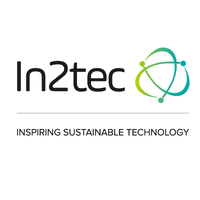
The requirement for technology is seen in almost every single industry, and yet it is one of the most heavily polluting entities the world has ever known. All countries need to be made accountable for the change needed in how we manufacture and recycle electronic waste in order to reduce the environmental, economic, and health issues that we are creating.
T: +44 (0) 1536 419200
E: sales@in2tec.com
www.in2tec.com


